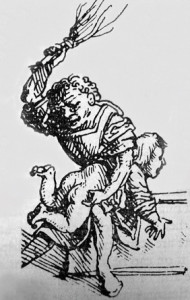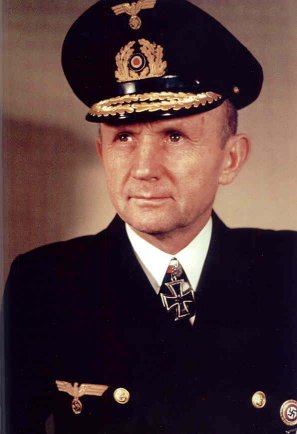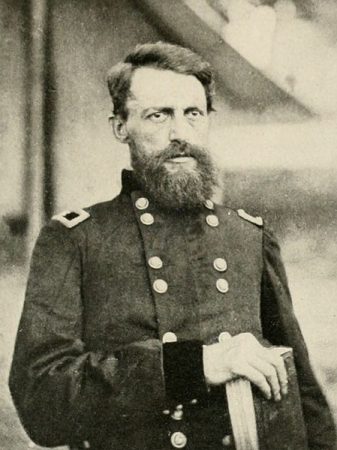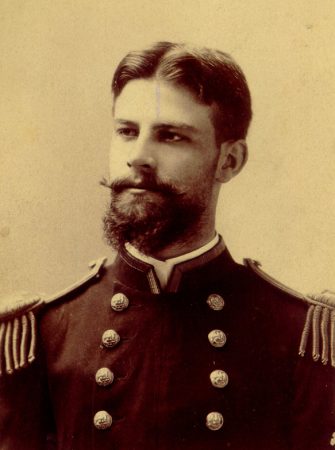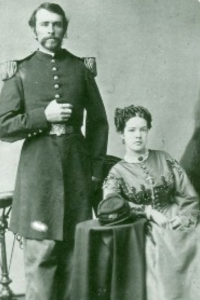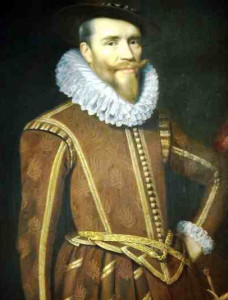
In 1625, two English military commanders – George Villiers, Duke of Buckingham and Sir Edward Cecil – sought royal approval for a war against Spain. A successful campaign, they told Charles I, would weaken the Spanish Empire and revive the glory of 1588, when the English repelled the Armada. Villiers and Cecil also hoped to line their pockets by plundering Spanish ships returning from the Americas laden with cash and cargo. Their plan was backed by Charles I but not parliament, which was unwilling and probably unable to provide financial support.
In the summer of 1625, Cecil moved to Devon to assemble his invasion force but was plagued by a shortage of funds and other difficulties. He secured almost 120 English and Dutch ships but many were poorly maintained. Cecil’s land force consisted of 15,000 men, most of whom were pressed into service in and around Plymouth. Cecil’s expedition was also poorly stocked: he was able to obtain provisions for scarcely a fortnight abroad.
The expedition landed near Cadiz on October 24th but Cecil, having noticed the city’s fortifications, abandoned his plans to attack it. Instead, Cecil marched his men in the opposite direction. With night approaching he allowed his invasion to stop at village in the wine-producing region of Andalusia. Unfortunately for Cecil, this village housed a large quantity of the local product. His ‘army’ quickly fell apart, thanks to:
“…the misgovernment of the soldiers who, by the avarice or negligence of their commanders, were permitted to fill themselves so much with the wine they found in the cellars and other places they plundered, that they became more like beasts than men… if the Spaniards had had good intelligence they might have all been cut off.”
Cecil’s men were so hopelessly drunk that their officers abandoned plans for capturing major cities – or indeed smaller ones. The soldiers were herded back onto the ships. For a time they sailed aimlessly along the Spanish coast, looking for treasure ships to plunder. But poor hygiene and lack of supplies soon took their toll on the men, who began to die, “many each hour”.
In mid-November, the expedition was abandoned and the ships, scattered at sea, began to limp back to England. Cecil was the last to return: his own ship was blown off course and became lost, landing on the south coast of Ireland in mid December. His return ended one of the worst executed military campaigns in English history.
Source: Sir Richard Baker, A Chronicle of the Kings of England &c., 1684. Content on this page is © Alpha History 2019-23. Content may not be republished without our express permission. For more information please refer to our Terms of Use or contact Alpha History.

